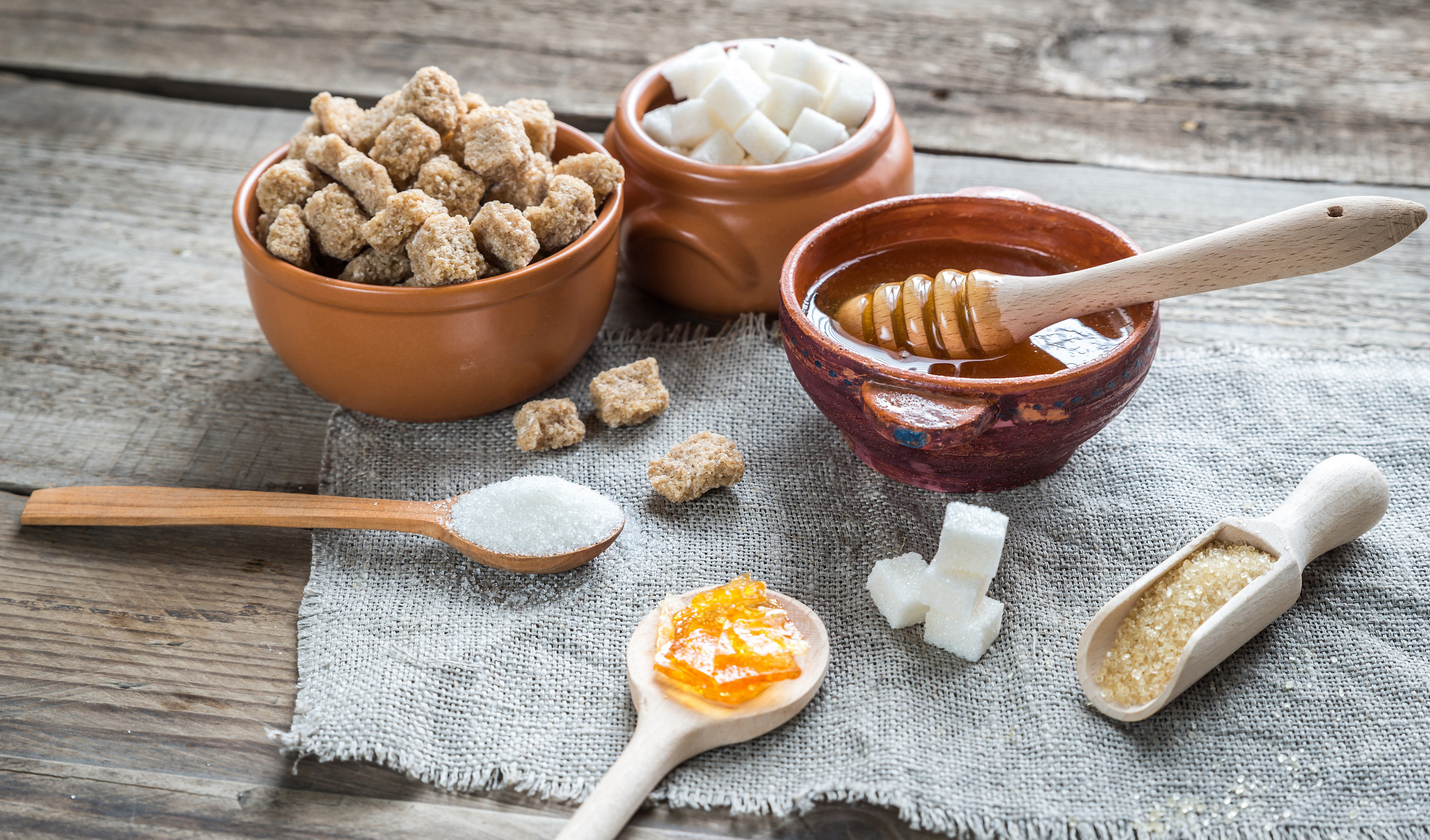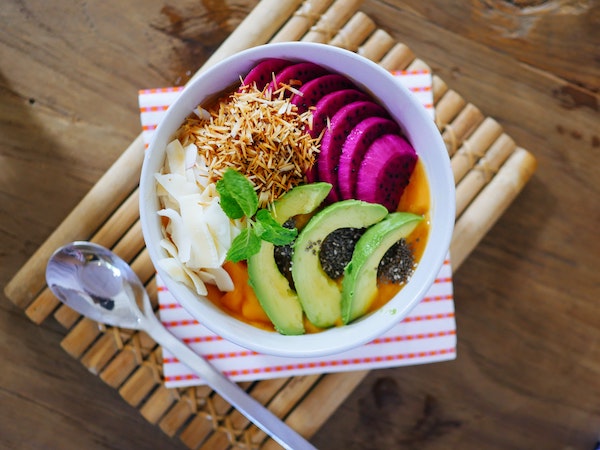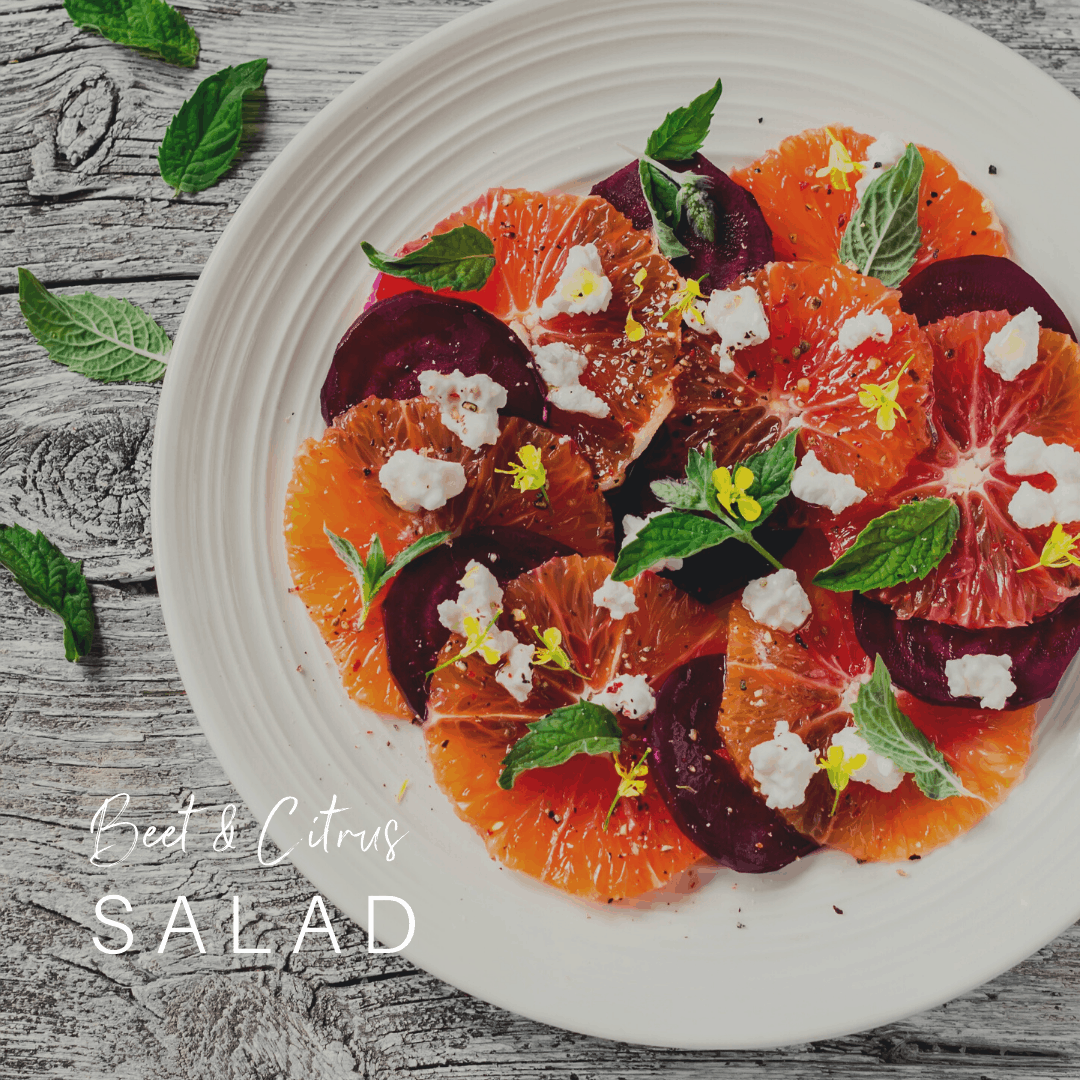New research compares plant-based eating to Ketogenic diets for reducing cancer risk.
There’s been a lot of debate over which style of eating is best for lowering cancer risk.
And the evidence is growing. A new study published in the Journal of the American Medical Association (JAMA) found that plant-based diets are superior to Ketogenic for reducing cancer risk AND helping people live healthier lives after cancer treatment.
A low carb, high protein, high-fat diet that pushes the body into ketosis, or fat-burning mode. While this sounds good on the surface, many of the proteins consumed on this diet are very high in saturated fat (think bacon, red meat, and dairy). Because most fruits and vegetables are higher in carbs, keto diets have a lower amount of these foods and are therefore missing many of the phytonutrients and fiber that they bring to the body.
Mostly unprocessed, whole plant foods, including vegetables, fruit, legumes, whole grains, seeds, and nuts. It can include some animal-based foods occasionally, like in the Mediterranean diet (fish, lean meat).
The authors of the study, Dr. Urvi Shah and Dr. Neil Iyengar, are oncologists at Memorial Sloan Kettering Cancer Center and conduct research on the effects of nutrition and cancer.
Dr. Shah concludes:
“Our review of the evidence supports a plant-based diet for reducing cancer risk compared with a ketogenic diet.”
She references three large studies in the U.S., U.K., and France that found people eating more plants and less animal protein have less cancer overall.
Dr. Iyengar refers to obesity, inflammation, hormones, insulin, and the gut microbiome, much of which is influenced by what we eat. He states that eating more plants supports these biological processes, which in turn, reduces cancer risk.
For more information, I encourage you to read this short article, formatted in an easy-to-read Q&A style with the doctors.
This is exciting news! If you’ve considered starting a plant-based diet, or just want to begin incorporating more plants and fewer processed foods, I’m here to help.

Scanxiety is the anxiety and worry about an upcoming cancer test or scan. Here are four ways I tame it.

With hundreds of natural and artificial sweeteners on the market, how do you know which ones are healthy? Are artificial sweeteners healthy? Sugar substitutes, artificial sweeteners, low-calorie sweeteners…. whatever you call them, they’re so tempting and make us think we can eat that pudding or drink that sweet drink without any negative consequences or weight…

If you’re wondering what the difference is between a vegan vs whole food, plant-based (WFPB) diet, here we’ll show you the key similarities and differences. The two terms are often used interchangeably. For example, when I’m at a restaurant, I will ask for a vegan menu or if there are any vegan items on the…

Have you heard the term “Integrative Medicine” and wondered what it means and whether it could help you during cancer treatments and beyond? Read on to find out more… Integrative medicine (IM) is an approach that considers the whole person and all the options available to support their health, according to Elizabeth Addington, PhD, Psychology, Northwestern…

Disclaimer: As an Amazon Associate I earn from qualifying purchases. This post contains affiliate links which means I may receive a commission when you use them to make qualifying purchases, at no additional cost to you. I only recommend products that I use, trust and love. Read the Disclaimer. Why make these seven small changes to…

See also Vegan Pesto Recipe